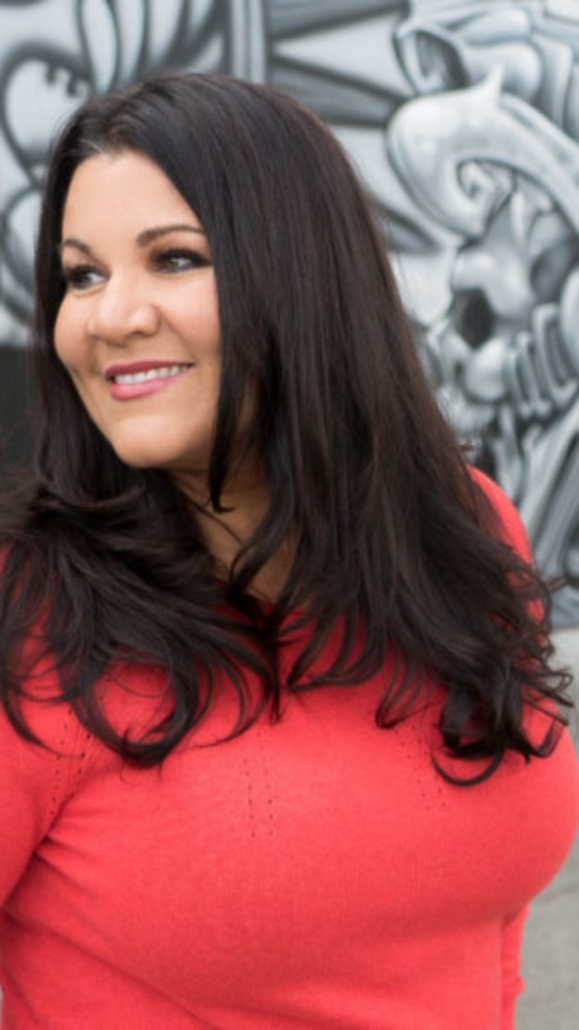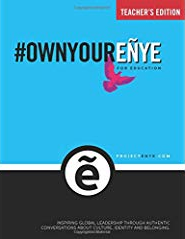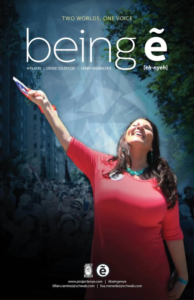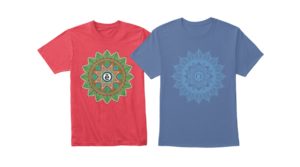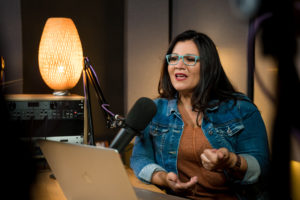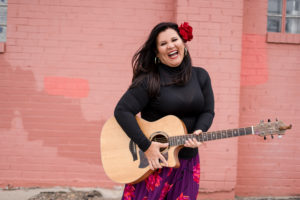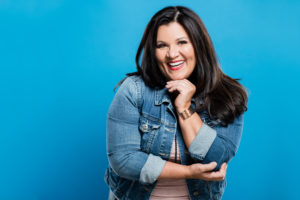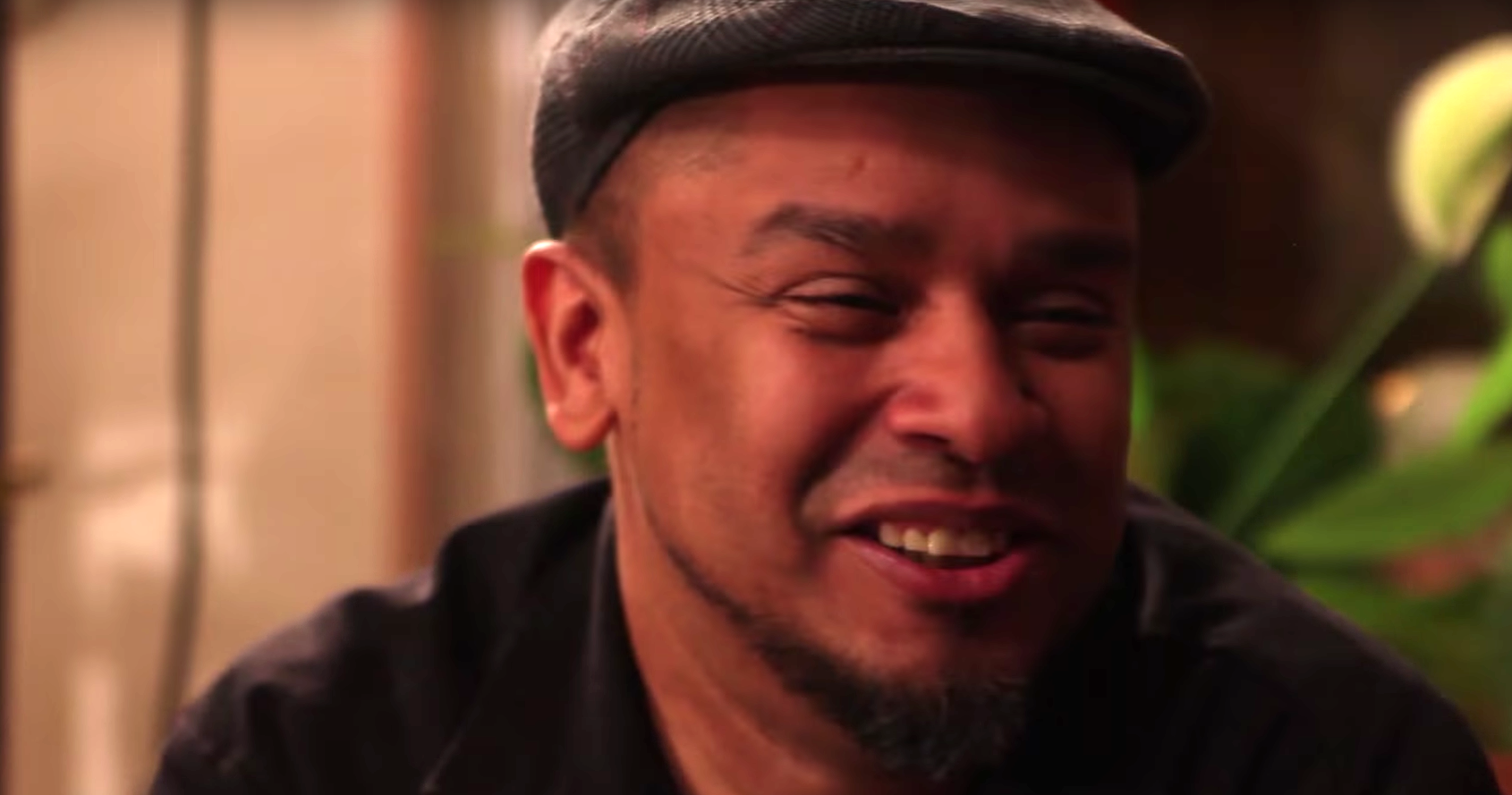
For Fidel Paulino, Sancocho is Saturday afternoon at the beach in the Caribbean and a way to connect with his roots. As a young man from New Jersey, Fidel had a strong desire to understand who he was and where he came from. Making up for years of not knowing, Fidel taught himself Afro-Caribbean music and dance. He profoundly states that Caribbean music is an avenue to tracing the long history of his people. Fidel explains that playing the Conga and making Sancocho all help connect us with the African and indigenous roots of the Caribbean.
TRANSCRIPT:
Tell me something specific that this reminds you of. This is Saturday afternoon at the beach. (female voice) >> la playa?>> You know what I mean, like Saturday in the Caribbean like to do a Sancocho is like everybody get together it’s kind of pot luck. Someone brings the beef, someone brings the chicken, someone brings the pork, you know the yucca and all that stuff and then you put some together, put some wood then you light up a fire, start big thing going, and just start. When was the last time you had any of this food and you had like sea water in it, you know what I am saying, all the mineral still in it. This is very traditional like on a Sunday / Saturday afternoon, for example, everybody gets together and make a big pot, a big soup and that’s it brother. (music)
Fidel Paulino: My father because of patriotic tendencies decided to go back to the island and I was born in the Dominican Republic. My mother used to work for the Balaguer government and Politics and the Caribbean are different when one government goes out of power and the other government comes into power sometimes it could get dangerous. My parents decided to settle in New York because of political reasons. I have always wanted to know about my people and where we come from, who we are, I always want to know. Once I started drumming and started learning the roots of our music, not Merengue which is popular music, not Salsa, not Bachata but where that came from and the African roots and the history that comes with that that’s when it got really profound and I felt at that point I was making up for years of not knowing (music) You know I have a drum right in front of me this is Africa. I have a maracas, this could be African or it could be indigenous or it could be either or. This is Congolese. In the Dominican Republic we play Congolese instrument and in Haiti. There is a Congolese saying that says “We stand on the shoulders of those who came before, our ancestors.” So when we connect these instruments, this technology we activate it, it tries to help us remember what those experiences were like different history, and a different background, and a different understanding of what this is, not a cognitive, I learned it and I read it not that. >> It’s like you understand it. You feel it, like it’s a part of you >> Yeah, we have a long Afro-indigenous history that has to be told. That has not been told. We refer to it and we classify it under Latino or Latina or Hispanic and stuff but there is a long African Indigenous background, tradition, history and we inherit all that stuff and I am saying it’s mixed in the sancocho of all that mix that we are white, blue, green, yellow everything but it all came through us, you know what I am saying, the Slave Trade came through us. Latino, to me, is a brand new brand name for us. We are much more ancient and older and have a longer history than what Latino can really offer us.

